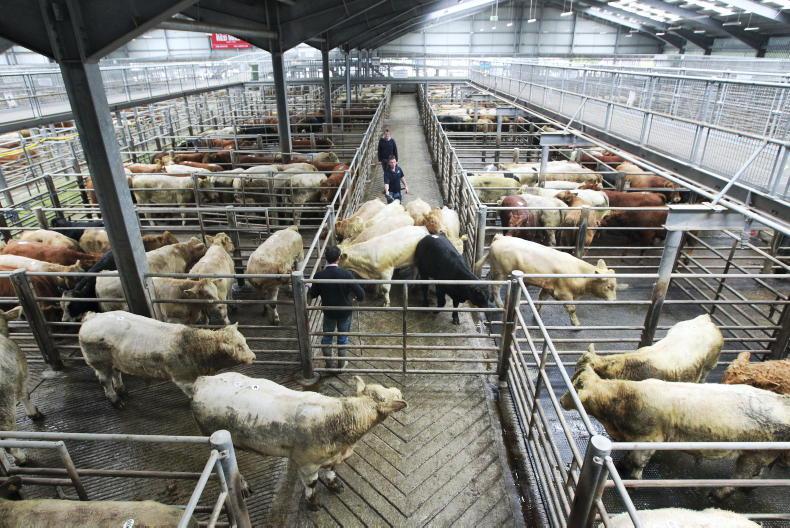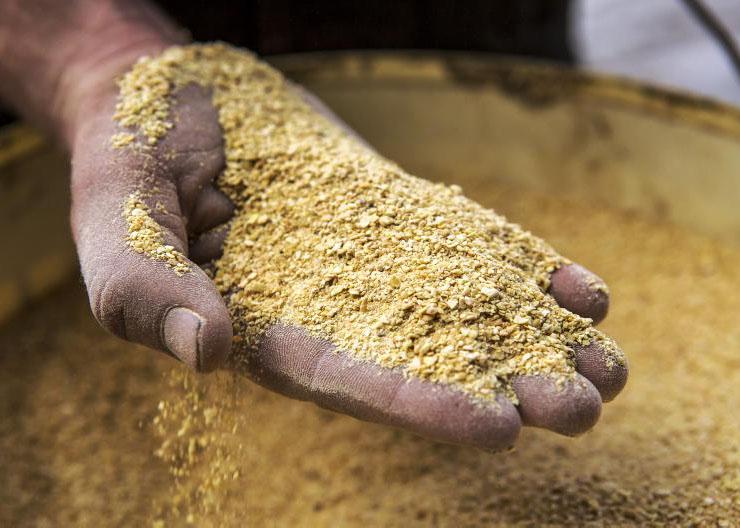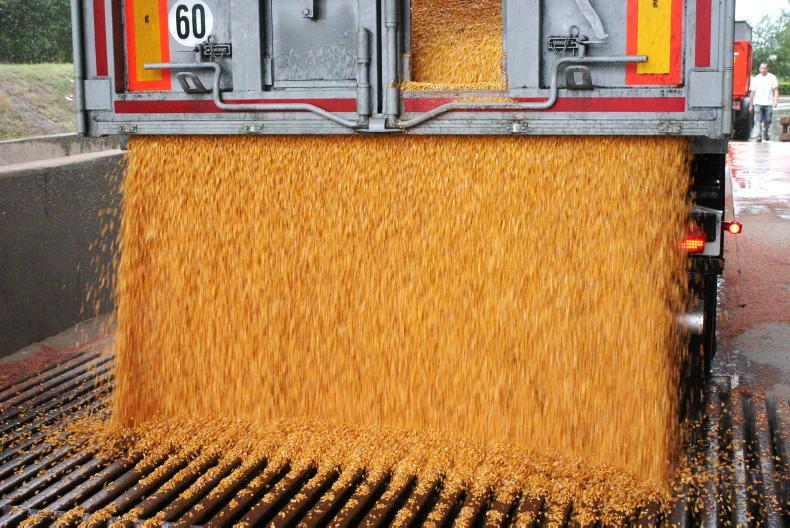Argentina has suspended all corn exports until the end of February.
The move, announced on 30 December, was made in order to ensure ample domestic food supplies.
Corn is widely used as a feed source in the production of meat, milk and eggs in the country and is a significant cost of production.
Food price inflation
One report from Nasdaq stated that the government is struggling to control food price inflation and that the suspension of exports may help to support low-income families struggling during the pandemic.
Corn exports from the country are to move again on 1 March.
The December World Agricultural Supply and Demand Estimates (WASDE) report from the United States Department of Agriculture (USDA) forecasts a reduction in corn production in Argentina due to an expected decrease in the planted area.
Argentina is one of the biggest corn producers in the world.
La Niña has been causing dryness in the southern hemisphere in recent months, affecting planting and crop growth across South America.
Strike at ports
Earlier this week, negotiations put an end to a strike which saw the loading of over 140 grain ships delayed.
Port-side oilseed workers were on strike in Argentina and negotiations between soy crushing companies and oilseed workers saw an agreement on salary increases from January to August and a return to loading after a 20-day strike.









SHARING OPTIONS